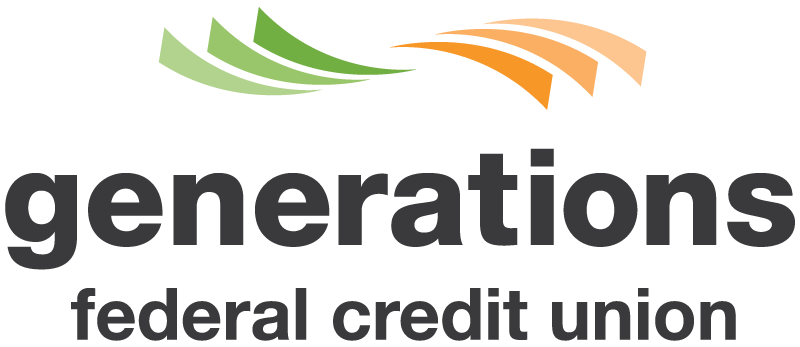Talk to your parents or grandparents about money management and budgeting techniques, and you’ll more than likely start hearing phrases like checkbook balancing, envelope system and 80/20 method. There are basic money management principles within all of those techniques that are important to know. But let’s face it – there’s a reason why money (or lack of) has continued to be one of the most common stressors for the average American. Traditional budgeting methods are tedious, manual processes that are difficult for most people to maintain and track when unexpected expenses creep up.
Modern technology has provided us with so many helpful resources to assist us with money management. Online budgeting tools will categorize your expenses, learn and predict your spending habits, alert you when you’re getting close to your spending limit in a certain category, and the list goes on and on. Of course, it’s still important for you to be aware of what you bring home and what you spend, but digital tools and apps can take a lot of time and guesswork out of budgeting day today.
Maybe you’ve been hesitant to delve into some of these digital budgeting solutions. Or maybe you simply don’t know where to start. Well we’ve put together a list of some of our favorite money management resources:
Mint
Mint has long been hailed as one of the best digital budgeting and money management tools out there. Plus they were one of the first. It’s free, easy to use, automatically categorizes your purchases from multiple checking accounts and credit cards, and offers investment tracking, goal setting, and a mobile app.
Pocketguard
Compared to Mint, PocketGuard is a bit more simplistic in that it limits you to tracking your credit union/bank transactions only; however, if that works for your purposes, it is certainly easier to set up and connect than some other tools. It also has a feature which allows you to track individual bill categories to find ways to save.
You Need a Budget (YNAB)
You Need a Budget (YNAB) is a paid tool but takes the approach of assigning every dollar to a spending or saving category. It’s particularly useful for couples who may be budgeting from joint accounts and cards. They also offer a trial period before you have to start paying for the service.
Personal Capital
Personal Capital is great for those of us who need help not only budgeting but tracking and keeping up with our investments. It offers automated analyses of investment fees, as well as asset classes – all for free.
All of these tools are great at keeping you organized and on track with your money. But what about those unexpected expenses, like an unplanned vet bill, or a necessary car repair? Here are some tips you should consider implementing into your budgeting process (which can also be added into your online budgeting platform):
-
Don’t rely on your main savings account for unplanned expenses.
Create a separate savings account for the money you may need unexpectedly. Some refer to this as an emergency savings account. But no matter what you call it, be strict with yourself about what you use it for. Set up an automatic transfer from each of your paychecks into this account. Even as little as $20 a month can really add up over time. This gives you the funds you need when you find yourself with a hefty bill from the electrician or maintenance guy.
-
Save more during financially lucrative times.
You got a bonus at work or maybe even a raise that you didn’t expect – great! But before you blow all of that extra cash on fun stuff (save some for that, too), set aside a portion of that additional income to your emergency savings account or to pay off some debt. You’ll thank yourself later when finances get tight again.
-
Consider a bi-weekly budget instead of or in addition to your monthly budget.
Depending on how frequently you get paid (and especially how frequently your spouse gets paid if you have joint accounts) you may want to budget expenses on a bi-weekly basis, too. If you’re paid on a bi-weekly basis for example, consider breaking up some of your larger payments, like your mortgage/rent, into two payments you can make with each paycheck.
No matter what tools or tactics you utilize to help you with managing your money– don’t give up! Income, expenses, and debt will be ever-evolving throughout your life. Because of this, you’ll have to adjust your approach to tracking all of it accordingly. Start with thinking about what your money goals are, and then select some of the solutions here that will best help you reach those goals. If you find the platform or technique you implemented isn’t working for you, try another! More than half the battle is getting a budgeting routine down that you can easily follow and stick to.
Happy budgeting!
